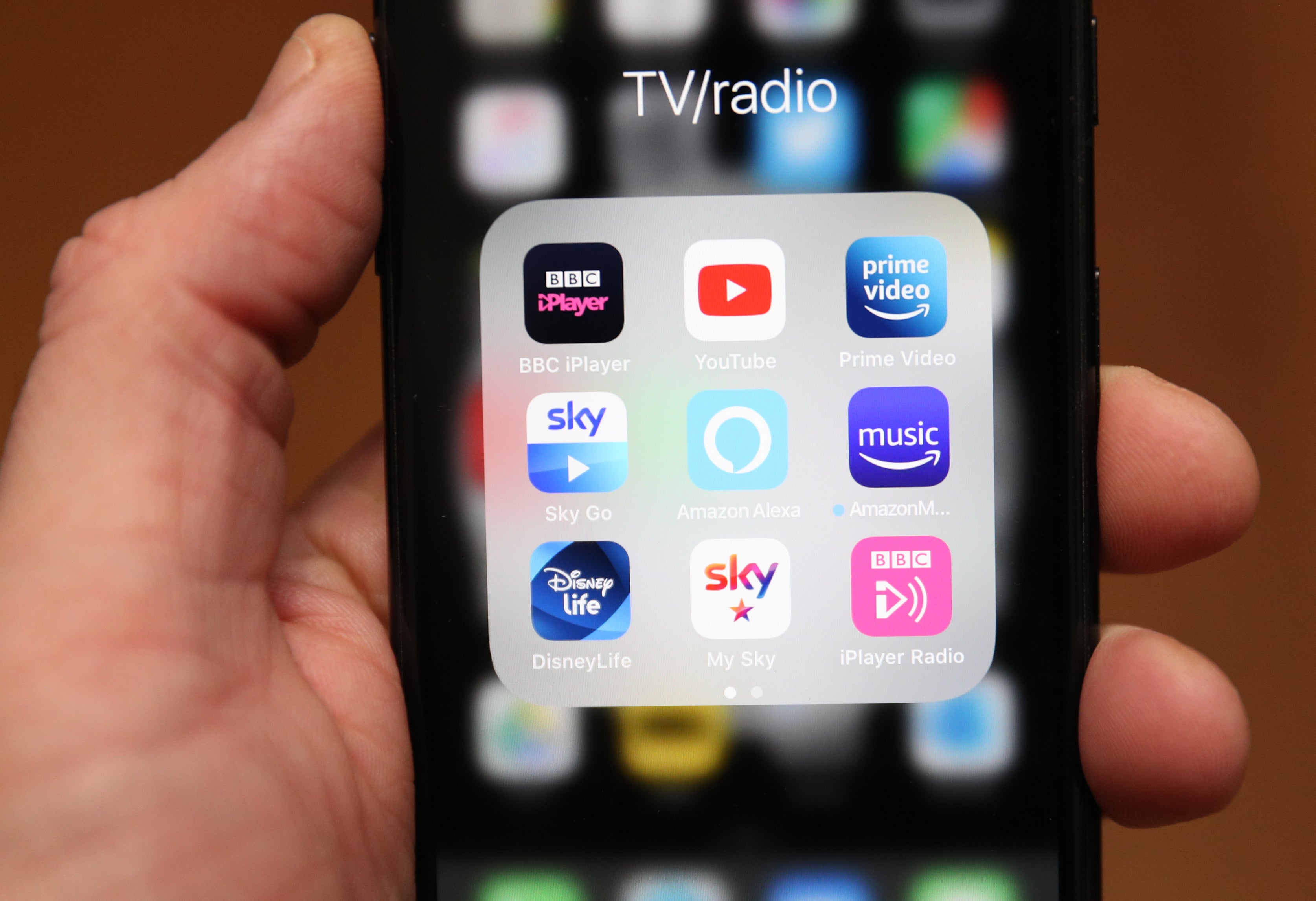Poll says accessing culture digitally is important but comes at a cost to artists
There has been a shift in the cultural landscape to favour online consumption.

Your support helps us to tell the story
From reproductive rights to climate change to Big Tech, The Independent is on the ground when the story is developing. Whether it's investigating the financials of Elon Musk's pro-Trump PAC or producing our latest documentary, 'The A Word', which shines a light on the American women fighting for reproductive rights, we know how important it is to parse out the facts from the messaging.
At such a critical moment in US history, we need reporters on the ground. Your donation allows us to keep sending journalists to speak to both sides of the story.
The Independent is trusted by Americans across the entire political spectrum. And unlike many other quality news outlets, we choose not to lock Americans out of our reporting and analysis with paywalls. We believe quality journalism should be available to everyone, paid for by those who can afford it.
Your support makes all the difference.More than four fifths of people said accessing music, art, books, films, podcasts and TV through a digital device is important, research suggests – but it comes at a cost to the creative industry.
A YouGov poll for the Design and Artists Copyright Society (DACS) found that 81% of people said accessing cultural content digitally is important in their daily lives – with 63% downloading content for free.
The “accessing and valuing cultural content” survey highlights how digital devices and technology are helping to reduce levels of cultural exclusion, but at a cost to artists, performers, writers and musicians who are not compensated fairly when their content is shared.
The poll suggests that 72% support the creative industry being paid when their work is shared digitally, while 67% back the Government being open to new initiatives.
As the cultural landscape shifts to favour online consumption, just 5% of respondents believe every creator is paid for their work that is available to be streamed, shared or downloaded.
The figures come ahead of a new Government being formed and the autumn budget.
Caroline Dinenage, MP and former minister for digital and culture, said: “As the UK rebuilds post-pandemic and we seek to cement the UK’s reputation as a creative economy for all, it is time that we look at how to collaborate across industries to ensure everyone and every sector can thrive in the long term.
“It is important that government looks at workable and sustainable opportunities that Europe and the rest of the world have put in place that the UK could feasibly replicate to ensure our country remains at the forefront of the global creative economy.”
Gilane Tawadros, chief executive of DACS, said: “Most British artists earn less than the minimum wage, and many were locked out of the cultural recovery fund as freelance workers.
“As the UK seeks new ways of investing in and growing its economy post-covid and post-Brexit, it is time to ask how government and industry can collaborate, and how cultural creators can share in the success of our technology companies.”